Introduction to the Latest Technology in the Automotive Field
The automotive industry is constantly evolving with the advent of new technologies. These advancements have revolutionized the way cars are designed, manufactured, and driven. From electric vehicles (EVs) and autonomous driving to connected car technology and augmented reality (AR) in automotive, the latest tech trends are shaping the future of the automotive sector. With the integration of artificial intelligence and machine learning, the automotive industry is poised for even more breakthroughs in the coming years.
Overview of the automotive industry's advancements
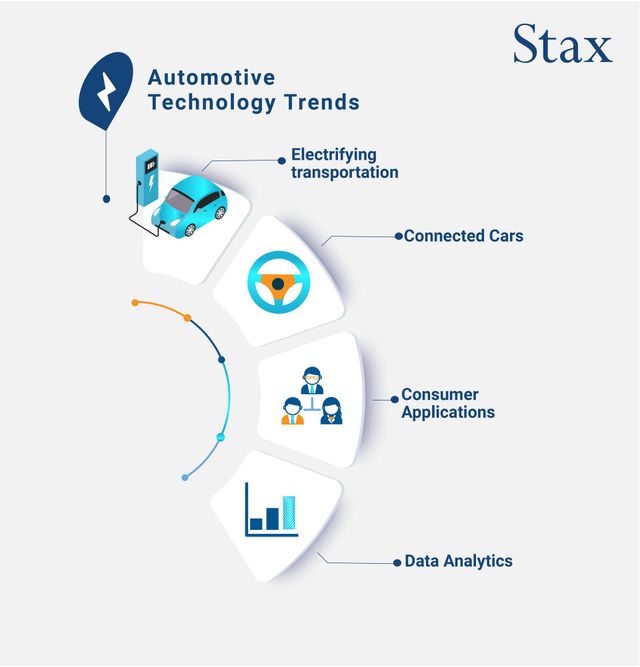
The automotive industry has witnessed significant advancements in recent years, transforming the way cars are designed, manufactured, and driven. With the integration of new technologies such as electric vehicles (EVs), autonomous driving, connected car technology, and augmented reality (AR), the industry is experiencing a paradigm shift. These advancements have improved vehicle performance, safety features, and overall driving experience, setting the stage for a future of innovative mobility solutions.
Impact of technology on the automotive sector
The integration of advanced technology in the automotive sector has had a profound impact on various aspects of the industry. It has revolutionized vehicle design, manufacturing processes, and driving experiences. The introduction of electric vehicles has reduced carbon emissions and promoted sustainability. Autonomous driving technology has the potential to improve road safety and reduce accidents. Connected car technology has enhanced communication and entertainment features. Augmented reality and virtual reality have transformed the way cars are designed and tested. Overall, these technological advancements have paved the way for a more efficient, safer, and interconnected automotive industry.
Electric Vehicles (EVs) and Hybrid Technology

The advent of electric vehicles (EVs) and hybrid technology has brought about significant advancements in the automotive industry. EVs offer numerous environmental benefits, including reduced carbon emissions and improved air quality. Hybrid cars combine both an internal combustion engine and an electric motor, providing increased fuel efficiency. These technologies are driving the transition to more sustainable transportation options.
Benefits of electric vehicles and hybrid cars

Electric vehicles (EVs) and hybrid cars offer numerous benefits. They reduce carbon emissions, improving air quality and addressing climate change. EVs also have lower fuel and maintenance costs compared to traditional combustion engines. Hybrid cars provide increased fuel efficiency, reducing dependence on fossil fuels. Additionally, both EVs and hybrids contribute to the transition towards a more sustainable transportation system.
Advancements in EV charging infrastructure and battery technology

Advancements in EV charging infrastructure and battery technology have played a crucial role in the widespread adoption of electric vehicles. Charging stations have become more accessible and efficient, reducing charging times. Moreover, the development of fast-charging technology has allowed EV owners to quickly recharge their vehicles on the go. Battery technology has also improved, enabling longer driving ranges and faster charging capabilities. These advancements have contributed to the convenience and practicality of electric vehicles.
Autonomous Driving and Advanced Driver Assistance Systems (ADAS)
Autonomous driving and Advanced Driver Assistance Systems (ADAS) have revolutionized the automotive industry. Autonomous driving technology allows vehicles to operate without human intervention, enhancing safety and convenience. ADAS features such as lane-keeping assist, adaptive cruise control, and collision avoidance systems provide real-time assistance to drivers, reducing the risk of accidents. These advancements have set the stage for a future where cars can navigate and operate independently.
Introduction to self-driving technology
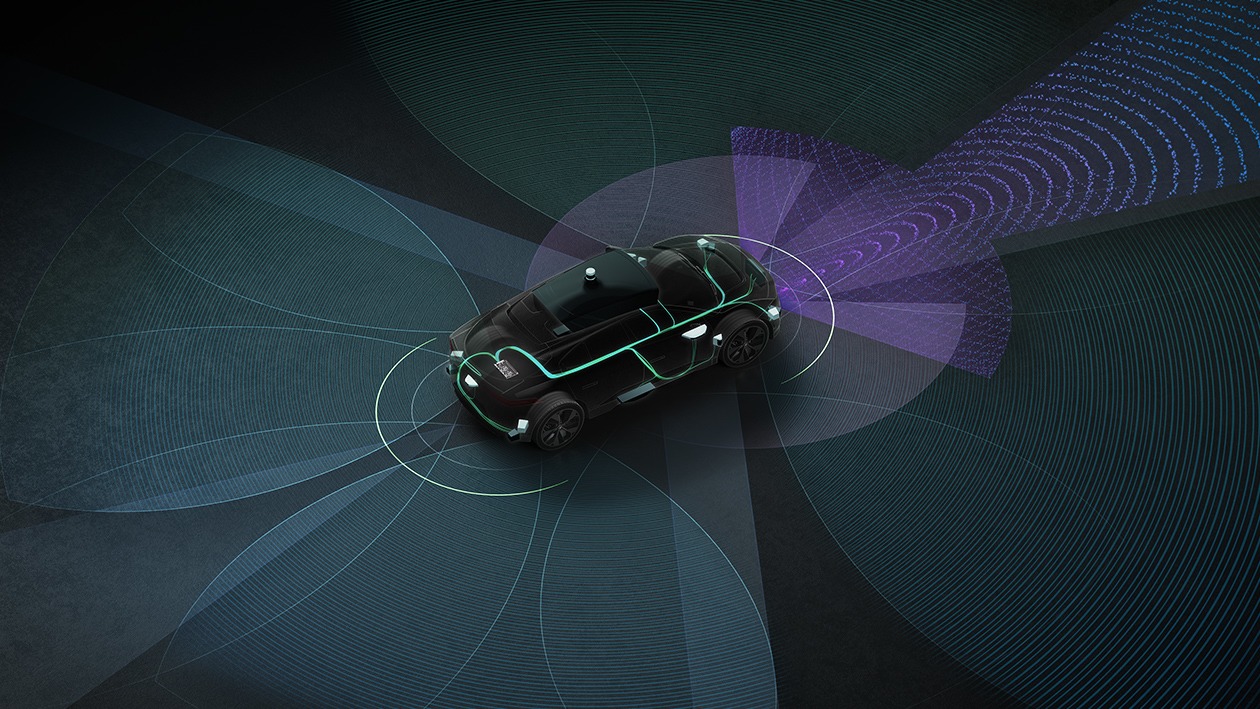
Self-driving technology, also known as autonomous driving, is a major breakthrough in the automotive industry. It refers to the ability of vehicles to operate without human intervention, using a combination of sensors, cameras, and artificial intelligence. Self-driving cars can perceive their surroundings, navigate through traffic, and make decisions to ensure a safe and efficient driving experience. This technology aims to revolutionize transportation by reducing accidents, enhancing convenience, and improving traffic flow.
Features and benefits of Advanced Driver Assistance Systems
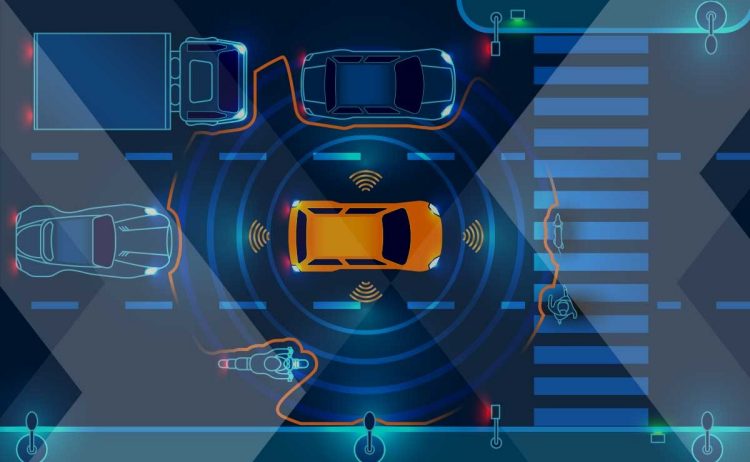
Advanced Driver Assistance Systems (ADAS) offer a range of features and benefits that enhance driving safety and convenience. These systems use sensors, cameras, and algorithms to detect and prevent potential collisions, provide lane departure warnings, offer adaptive cruise control, and assist with parking. ADAS improves driver awareness, reduces accidents, and enhances overall road safety.
Connected Car Technology
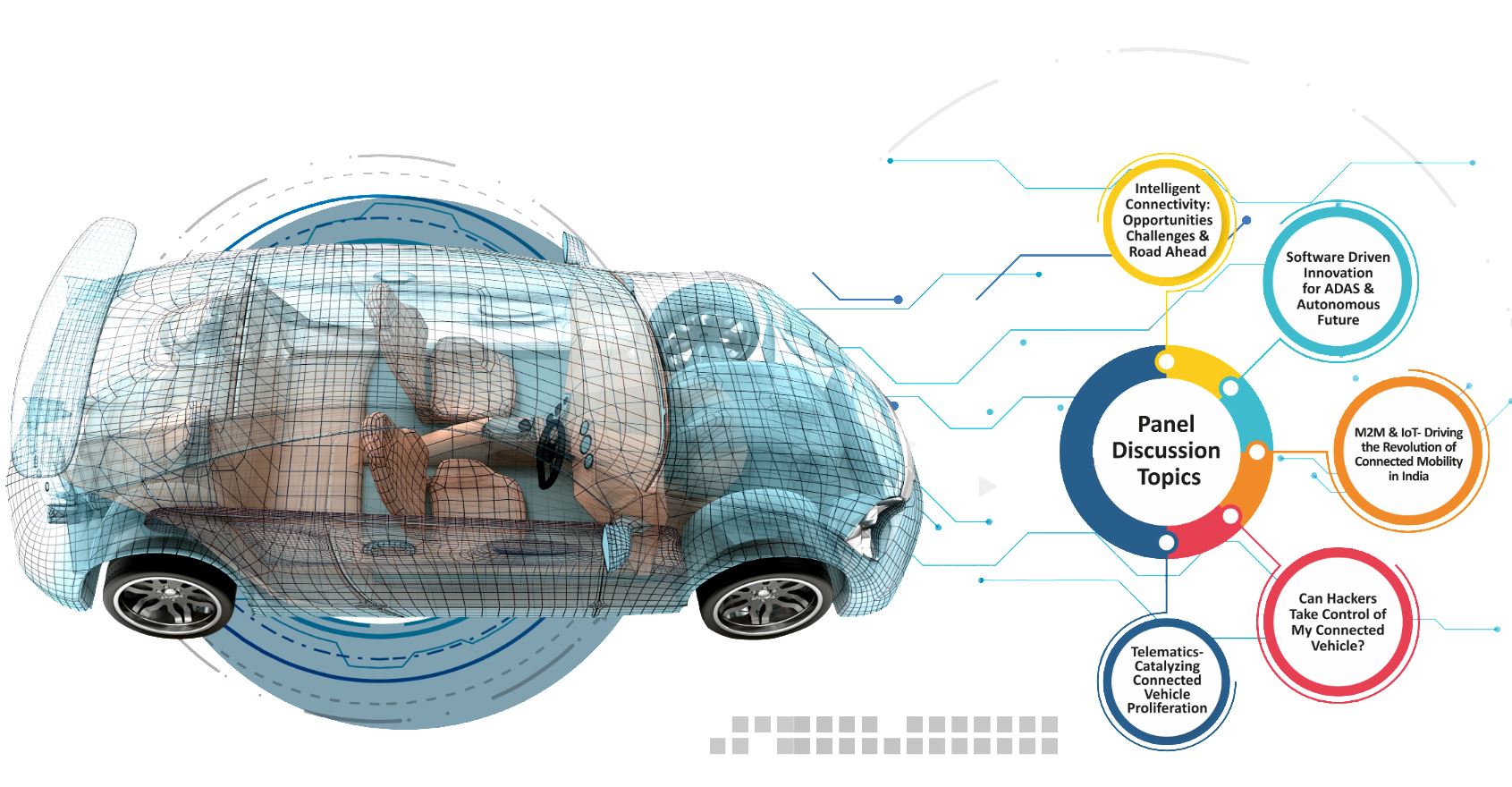
Connected car technology refers to the integration of vehicles with internet connectivity and other digital technologies. It enables communication between the vehicle and external devices, networks, and infrastructure, improving safety, convenience, and efficiency. Features of connected cars include real-time traffic updates, remote vehicle control, vehicle diagnostics, and entertainment systems. Ensuring robust cybersecurity measures is crucial to safeguarding connected cars from potential hacking and data breaches.
Overview of connected car technology and its applications
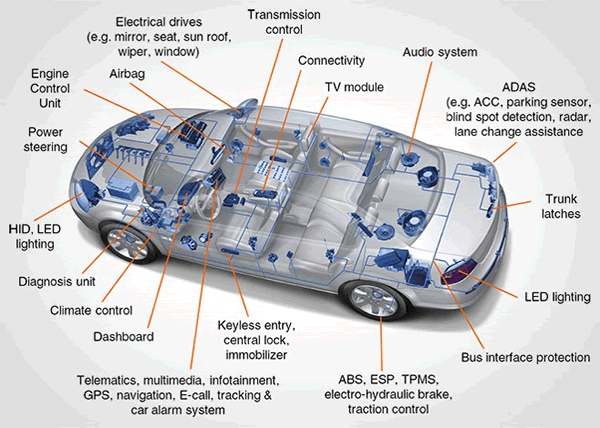
Connected car technology is revolutionizing the automotive industry, enabling vehicles to connect to the internet and communicate with external devices. This technology provides a wide range of applications such as real-time traffic updates, remote vehicle control, vehicle diagnostics, and entertainment systems. Connected cars enhance safety, convenience, and efficiency on the road, making them a pivotal advancement in the automotive field.
Importance of cybersecurity in connected cars
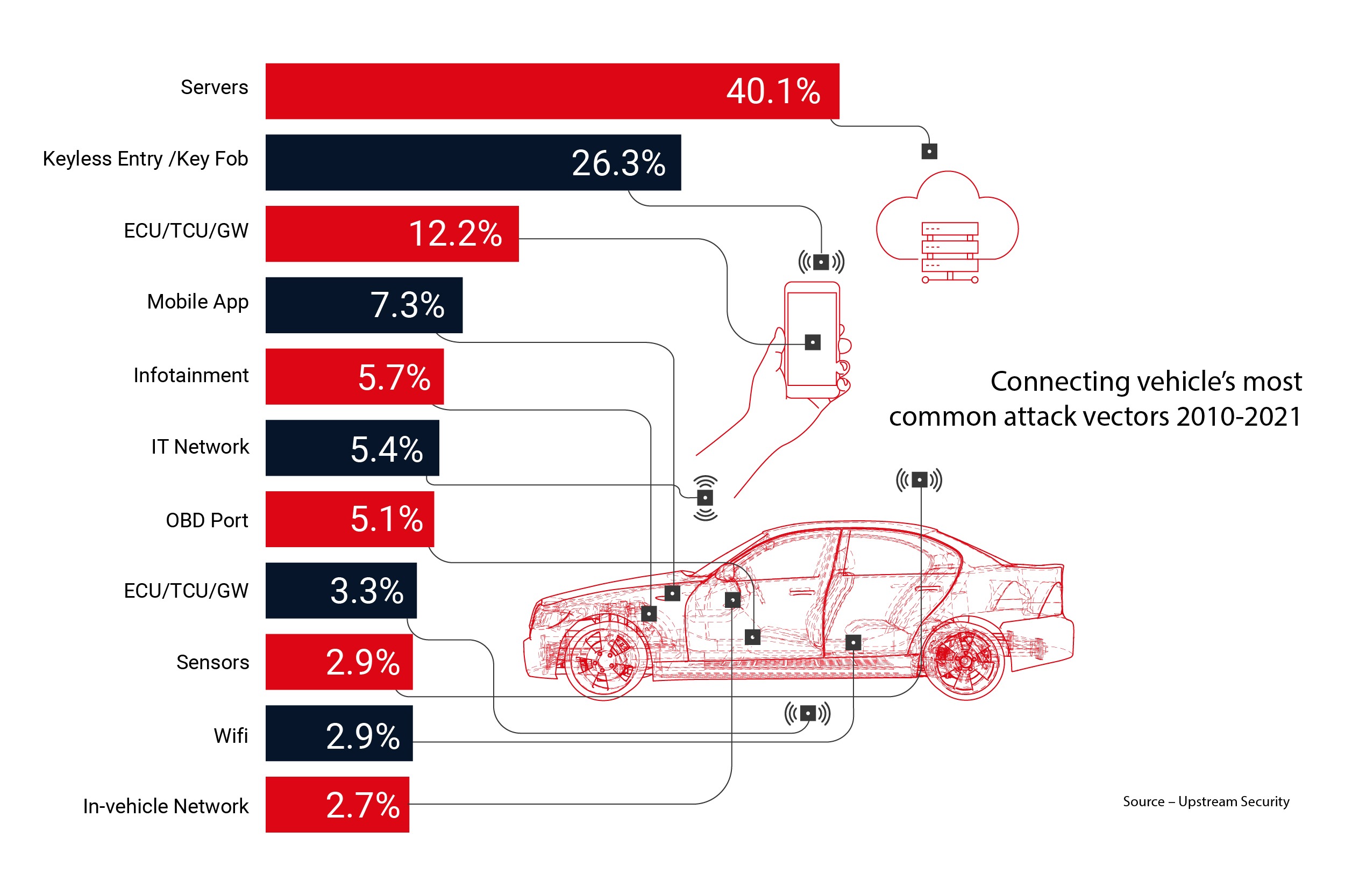
The importance of cybersecurity in connected cars cannot be overstated. With the increasing connectivity of vehicles, the risk of cyber attacks and unauthorized access to critical systems is a major concern. Protecting the data and privacy of drivers and passengers is essential to ensure the safe operation of connected cars. The automotive industry must invest in robust cybersecurity measures to prevent potential threats and vulnerabilities.
Augmented Reality (AR) and Virtual Reality (VR) in Automotive

The integration of Augmented Reality (AR) and Virtual Reality (VR) technologies in the automotive industry has opened up new possibilities in design, manufacturing, and driver assistance. AR allows designers and engineers to visualize virtual models in real-world environments, enhancing the design process. VR, on the other hand, provides immersive experiences for training and simulations. These technologies are driving innovation and enhancing user experiences in the automotive sector.
Integration of AR and VR in automotive design and manufacturing
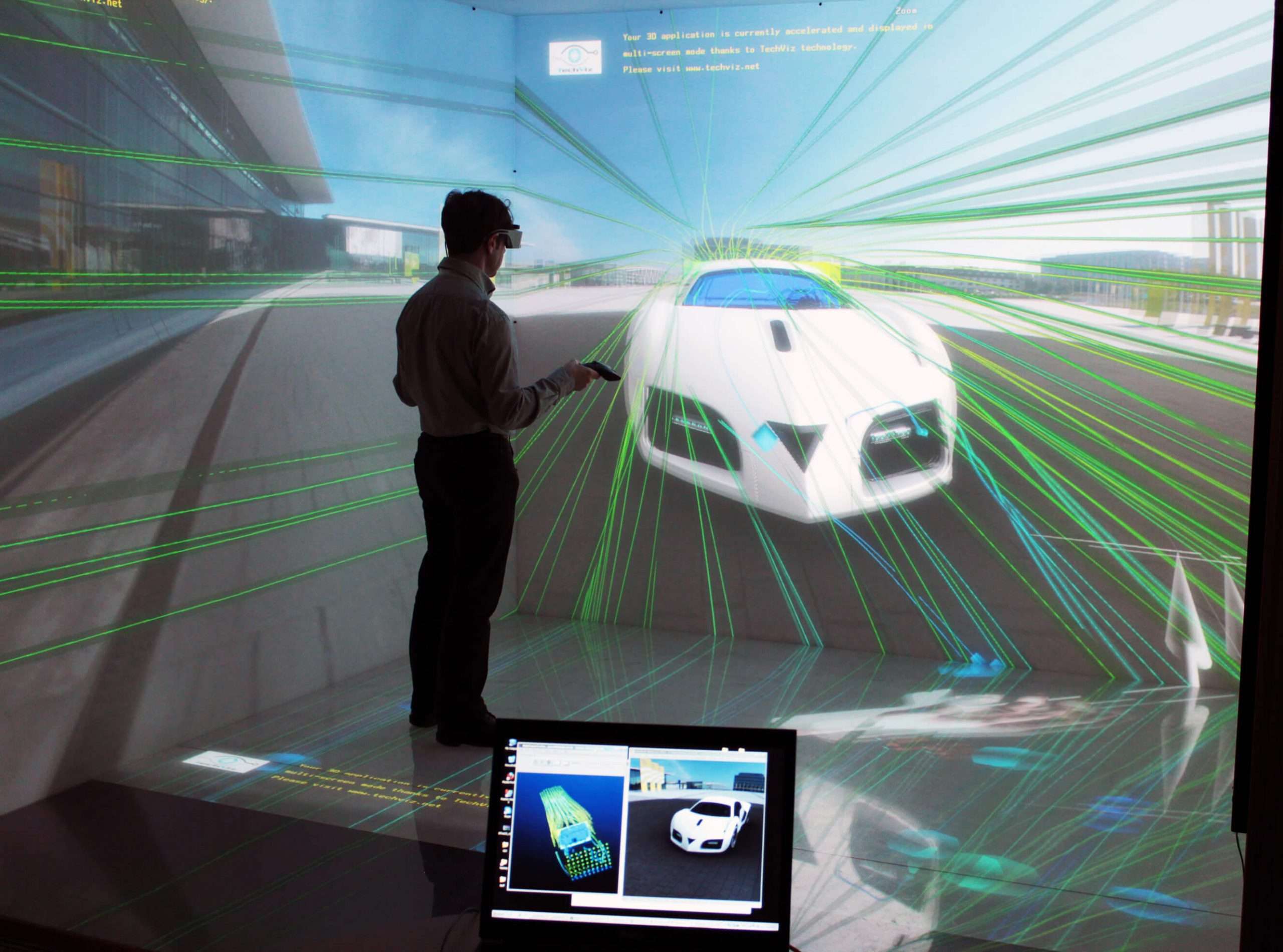
AR and VR technologies have revolutionized the design and manufacturing processes in the automotive industry. By using AR, designers and engineers can visualize virtual models in real-world environments, allowing for more efficient design iterations and reducing prototyping costs. VR enables immersive experiences, allowing manufacturers to conduct virtual simulations and evaluations of vehicle components and assembly processes. These technologies enhance collaboration, accelerate decision-making, and improve overall design quality in the automotive sector.
Applications of AR and VR in driver assistance and training

AR and VR technologies have found valuable applications in driver assistance and training in the automotive industry. AR can provide real-time information such as navigation guidance, speed limits, and traffic conditions, overlaid directly onto the driver's view, enhancing situational awareness. VR simulations can be used for driver training, allowing users to experience various road scenarios and practice safe driving techniques in a controlled environment. These technologies contribute to safer driving practices and help train and educate drivers effectively.
Future Trends in the Automotive Industry
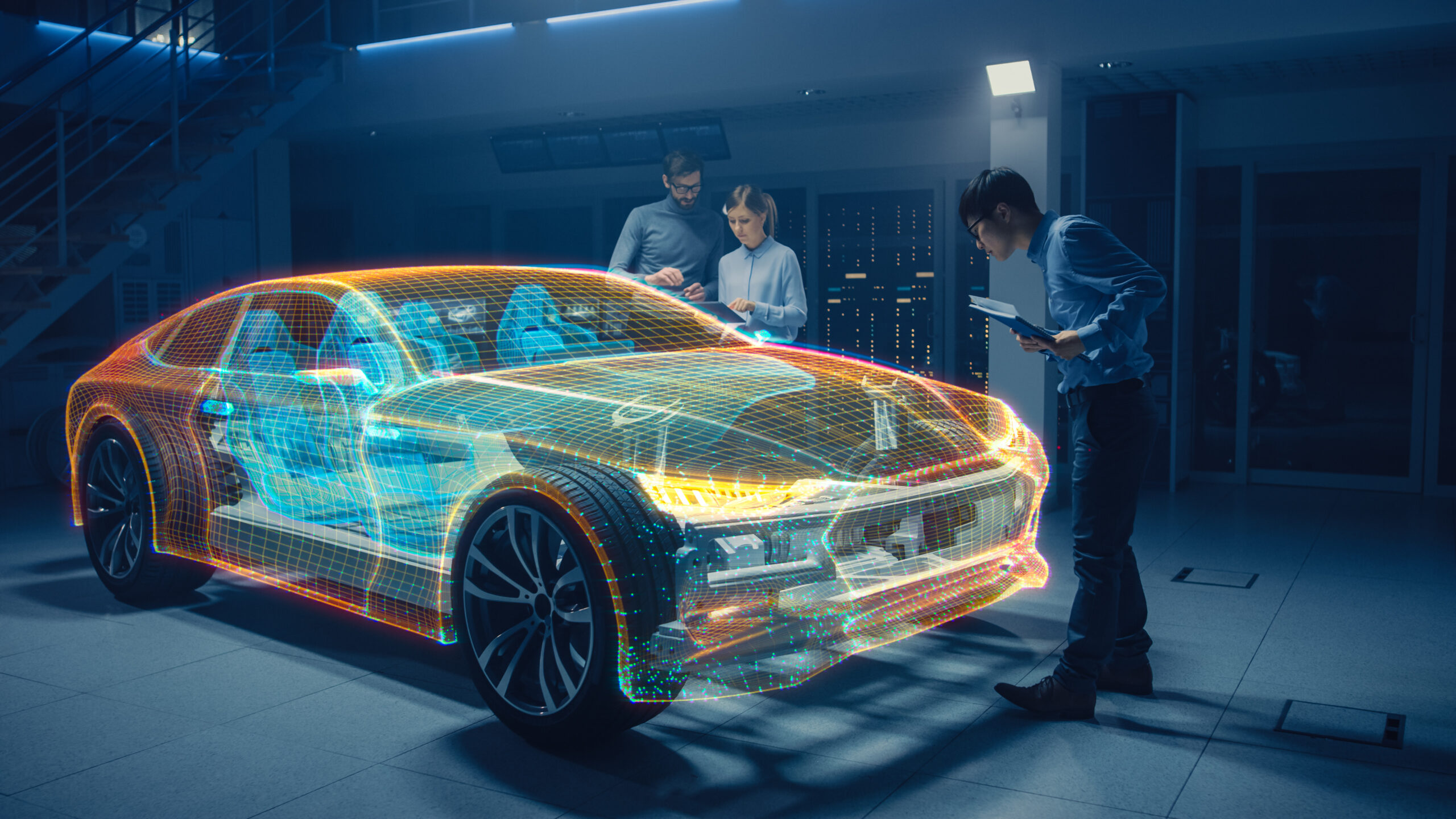
The future of the automotive industry holds exciting technological advancements. Artificial intelligence and machine learning are expected to play a significant role in improving vehicle performance and safety. Additionally, the industry is likely to witness advancements in vehicle connectivity, with cars becoming more integrated with smart homes and smart cities. These trends have the potential to revolutionize the automotive sector and enhance the overall driving experience.
Overview of upcoming technology trends in the automotive field

The automotive industry is poised for significant advancements in the near future. Some of the upcoming technology trends include:
- Electric Vehicles (EVs) and Hybrid Technology: The shift towards electric and hybrid vehicles continues to grow as the industry focuses on reducing carbon emissions and improving fuel efficiency.
- Autonomous Driving: Self-driving technology is rapidly advancing, with automakers and tech companies investing heavily in developing autonomous vehicles that offer increased safety and convenience.
- Connected Cars: The integration of vehicles with the internet and other smart devices is expected to revolutionize the driving experience by enabling features such as real-time traffic updates, remote vehicle monitoring, and enhanced entertainment options.
- Augmented Reality (AR) and Virtual Reality (VR): AR and VR technologies have the potential to transform automotive design and manufacturing processes, as well as enhance driver assistance and training programs.
The implementation of these innovative technologies is set to shape the future of the automotive industry, making vehicles safer, more connected, and environmentally friendly.
Potential impact of artificial intelligence and machine learning on automobiles
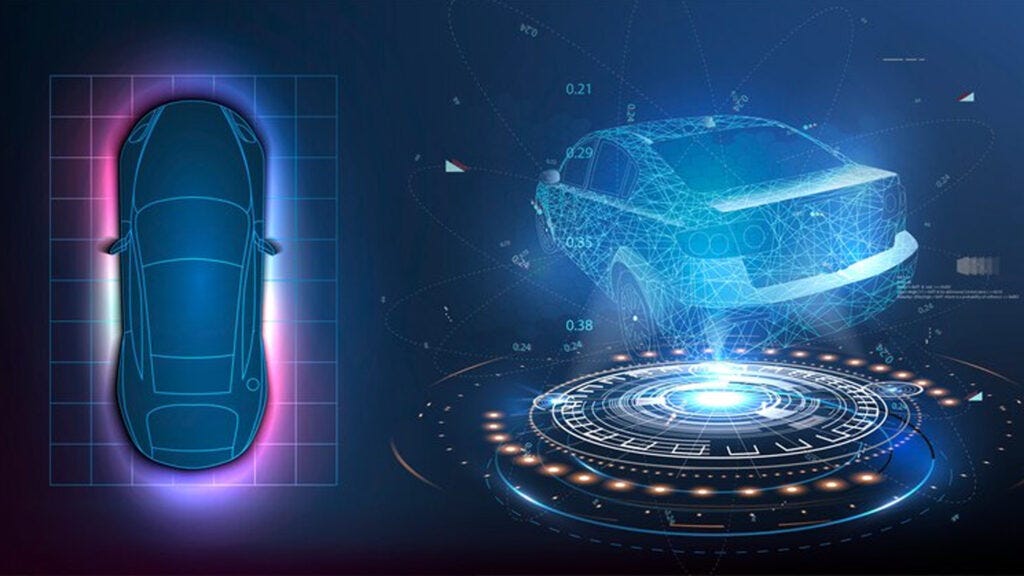
Artificial intelligence (AI) and machine learning technology have the potential to revolutionize the automotive industry. With AI-powered systems, vehicles can analyze and react to real-time data, improving safety, efficiency, and overall driving experience. AI-enabled features such as voice recognition and natural language processing can enhance the human-vehicle interaction. Machine learning algorithms can also optimize autonomous driving systems, making them more accurate and adaptive. Overall, AI and machine learning will play a crucial role in shaping the future of automobiles.